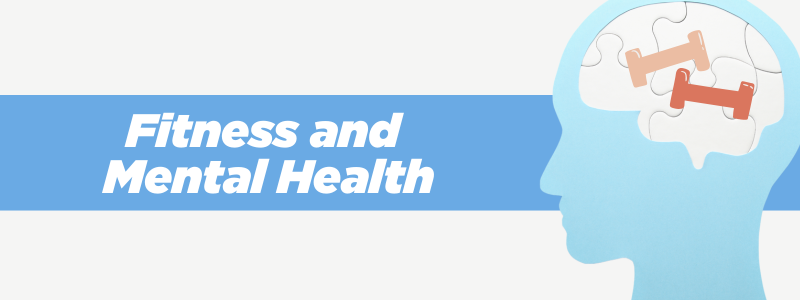I am sure you have been told many times that cardio is the key to losing weight. This is a misconception.

When it comes to weight loss, numerous myths and misconceptions often lead people to follow extreme diets and cut out entire food groups. One common belief is that you must eliminate carbohydrates to shed those unwanted pounds. However, in this blog post, we’ll explore the truth behind this myth and uncover the reasons why cutting carbs may not be necessary for effective and sustainable weight loss.
1. Balance is Key:
The foundation of successful weight loss lies in creating a calorie deficit – expending more calories than you consume. Whether you choose to reduce carbohydrates, fats, or proteins, the principle remains the same. Embracing a balanced diet that includes all essential nutrients is essential for overall health and well-being.
2. Sustainable Approaches:
Cutting out carbs entirely can be challenging to maintain in the long term. Instead, focus on making sustainable lifestyle changes. Opt for a varied diet that includes a mix of fruits, vegetables, lean proteins, healthy fats, and, yes, carbohydrates. This way, you won’t feel deprived and will likely stick to your weight loss journey.
3. Fueling Your Energy:
Carbohydrates are the body’s primary source of energy. By including sufficient carbs in your diet, you can keep your energy levels steady, enabling you to stay active and motivated during workouts and daily activities.
4. Nutrients are essential:
Carbohydrates offer more than just energy; they also provide essential nutrients and dietary fibre. Whole grains, fruits, and vegetables are rich sources of vitamins, minerals, and antioxidants that are vital for optimal health. Restricting carbs excessively could lead to nutrient deficiencies in the long run.
5. Individual Differences:
No one-size-fits-all approach exists when it comes to weight loss. Each person’s body and energy requirements are unique, and what works for one individual may not work for another. Pay attention to how your body responds to different dietary choices and find what suits you best.
6. Exercise and Mindful Eating:
While nutrition plays a significant role in weight loss, incorporating regular physical activity and practising mindful eating are equally crucial. Engage in exercises you enjoy to burn calories and support your weight loss goals. Mindful eating, being aware of hunger and fullness cues help you develop a healthier relationship with food and avoid emotional eating.
7. Seek Professional Guidance:
If you’re unsure about the best approach for your weight loss journey, consider consulting a healthcare professional. They can assess your unique needs and goals, creating a personalised plan that ensures you reach your objectives safely and effectively.
8. Muscle Development burns more fat.
Resistance training burns more fat because it builds lean muscle, increasing the body’s resting metabolic rate. This leads to a higher calorie burn, even at rest. Additionally, resistance workouts trigger the “afterburn effect,” causing the body to continue burning calories as it repairs muscles. Resistance training also improves insulin sensitivity, encouraging fat utilization for energy during workouts, making it an effective method for fat loss.
The myth that you must cut carbs to lose weight is debunked. Remember, weight loss should be a gradual and sustainable process. Focus on creating a calorie deficit through a balanced diet, staying active, and practising mindful eating. Embrace your unique journey and celebrate your progress along the way. Your body deserves nourishment, balance, and the kindness of a well-rounded approach to health and weight loss.


